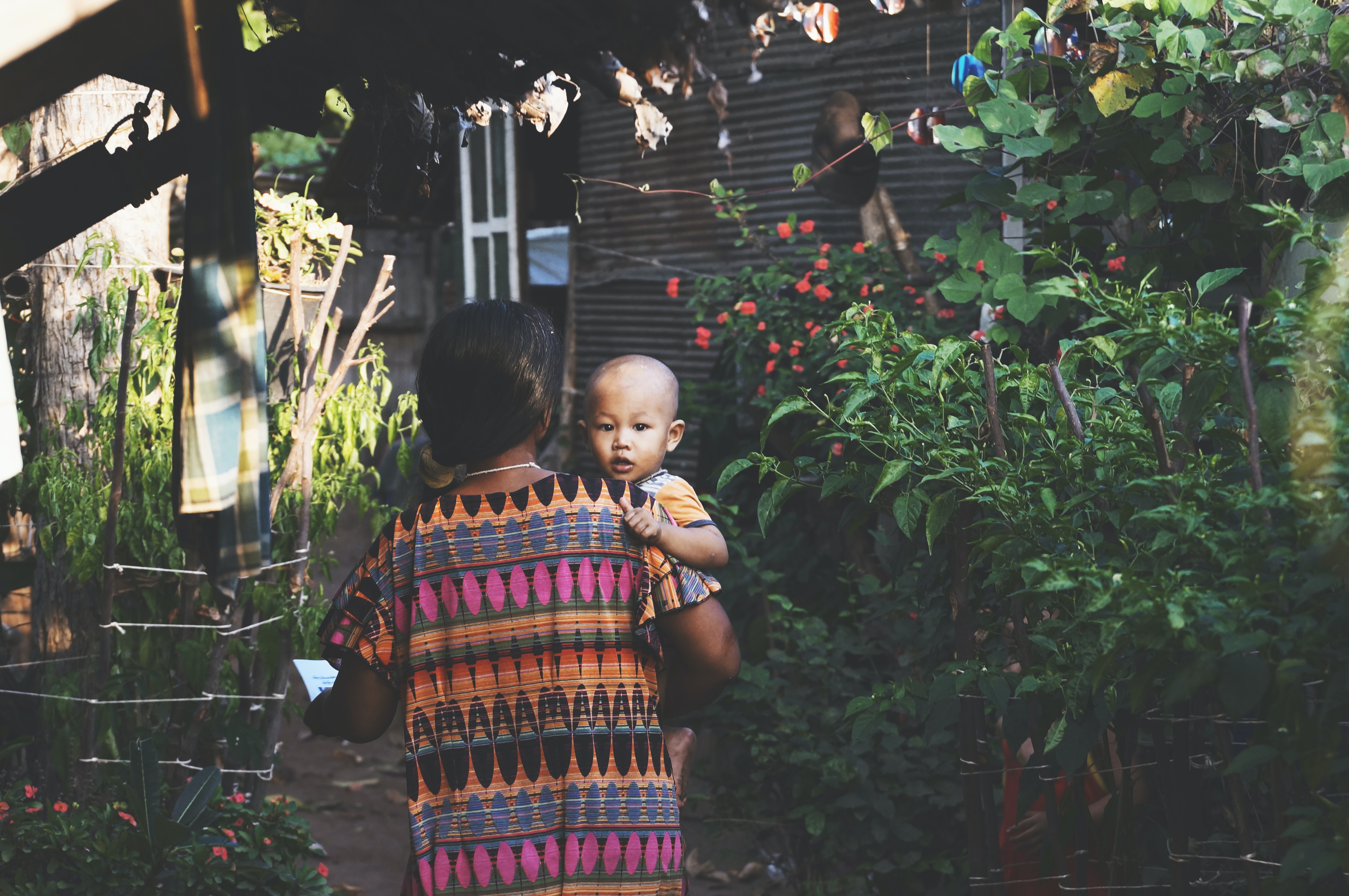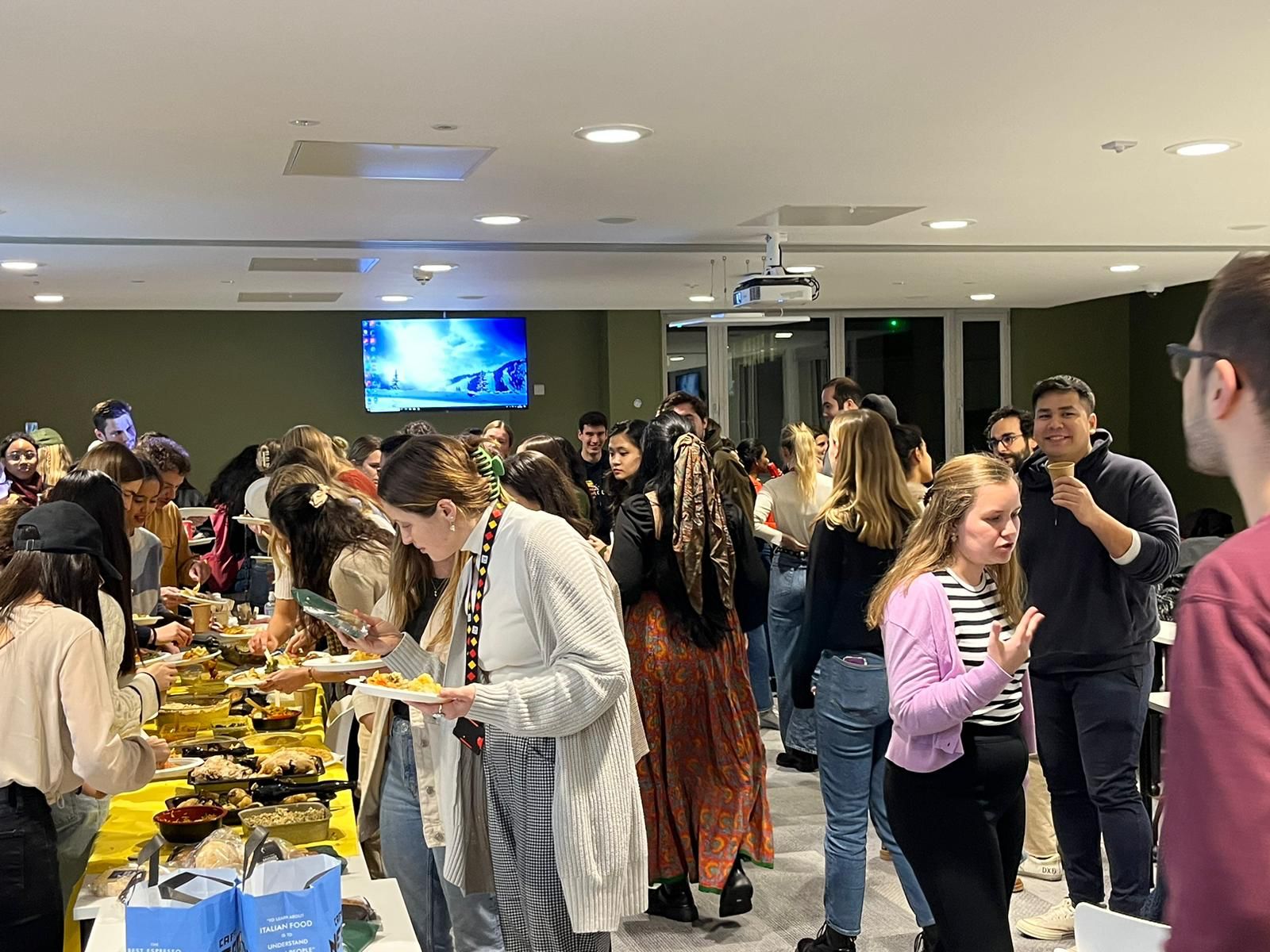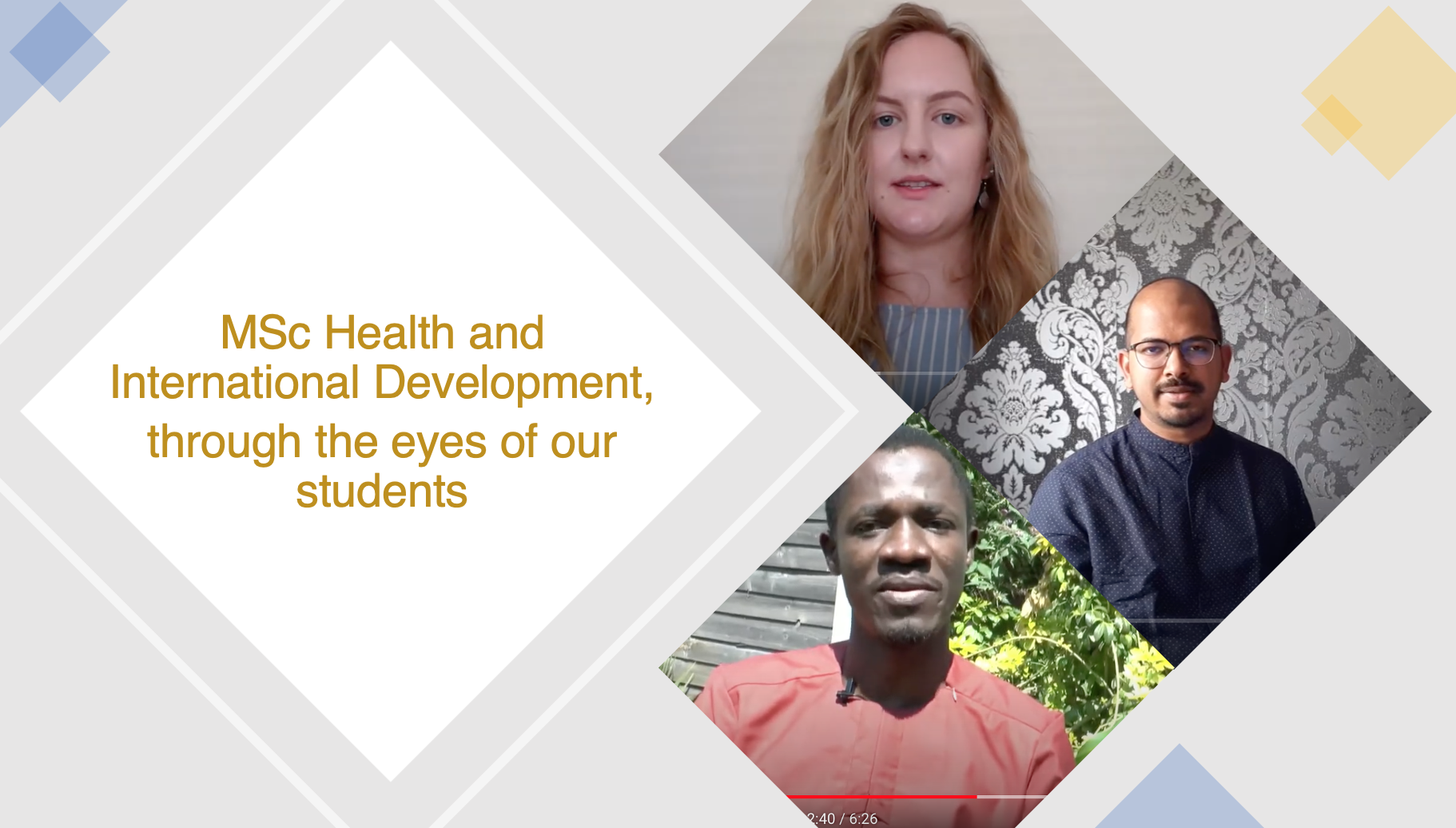Your Master’s degree will start in few months, so you’re probably busy preparing for many things, including which courses to take when you arrive. Our Student Mentorship Ambassador, Gayatri I Gusti shares how she prepared for course selection before she arrived at LSE and during her first three weeks of Autumn Term.
Before arriving at LSE
Check the pages: reading lists, professors and assessments
The course selection process was a mixture of excitement and panic for me. Although I had done research on courses when I applied to the programme, I couldn’t help feeling mixed emotions when I received the monthly newsletter on course selection. But, with a level head, I decided to have a look at the full list of available courses and check the pages of those that sounded interesting to me. I followed my gut instinct and put some courses on my shortlist.
Then, I looked through the reading list of each of these courses to assess whether I would be happy to read the listed topics every week. I also researched the background of the professor(s), to see if their research focus fit my interests or if their previous experiences might be insightful. Finally, I looked at the assessments. I manage well with both exams and course work. But I wanted to enjoy my winter holiday and avoid January exams, so a course with an essay-based assessment schedule was important. This meant that I ended up having three exams in summer, of course, without knowing it would be during the Coronavirus lockdown.
Reflect back on your study goal
It can be overwhelming to browse many pages of course options, especially knowing that your options are not only limited to courses offered by the Department of International Development but include courses offered by other departments, as well as by other colleges. However, I took a step back to re-read my personal statement for LSE and my scholarship application (I am funded by the Government of Indonesia). I re-gathered what my study goals, research interests and career aspiration were. Then, I looked at my shortlisted courses to see if they fit my purpose.
In my case, I wanted to move away from my previous academic and professional experience in child marriage issues, and move towards population issues and sub-national inequalities, particularly in Indonesia and South-east Asia. Also, after graduation, I’m looking forward to gaining work experience in remote areas, and perhaps, international opportunities later in my career. This provided a guide to help me pick my courses. Thus, I decided to take the Population Studies specialism, which required me to take DV444 and DV456. Additionally, I short-listed DV457, GV4C9, DV 407 and DV453 (Consultancy Project). When I arrived in London, I felt content with my choices, however, once Welcome Week began, I changed some of my choices. I will explain why below.
My first three weeks at LSE
Speak to the professors: Not just your academic mentor
The first thing I did during the welcome week was to speak to my academic mentor and, in my case, the leaders of my course specialism. LSE offers an open-door Office Hour service where you can speak to any academic for 15-30 minutes, depending on their availability, by simply making a booking on Student Hub. You can talk about your course plan, or you can seek advice to create one.
Besides your Academic Mentor, you can seek advice from teaching staff in the Department of International Development, as well as in other departments. You can also reach out to an LSE Life Study Advisor who can help provide support on navigating assignments, workload and time management (I asked how essays differ from exam assessments). In addition, during Week 0 (also known as Welcome Week), the Department offers a number of sessions to inform and help you understand the course selection and specialism process. All this information will be made available to you on arrival. Everyone in the department is very helpful, so if you have any questions or concerns, you will be guided and directed in the right direction – just ask!
You can try the class, it is not entirely a guessing game
My course-selection hack was actually attending the first lectures (and if applicable, first seminar) of all the courses that I found interesting. This helped me assess first-hand if I enjoyed the class, if it fit my expectations, and if it aligned with my future plans. The deadline to finalise the course selection is usually at the end of Week 2*, meaning I could attend two lecture sessions and/or seminars before finalising my decision, which is plenty of time to make a sound judgement. I did the same thing at the beginning of Winter Term as the course selection system opens up again at the beginning of Winter Term when you have the option of changing your Winter Term courses. Also, if you are not able to attend lectures in person, you can view them online once you are able to access Moodle (LSE’s online course management system).
*However, please pay careful attention to the deadline to accept your course offer. You are expected to accept or decline an offer for a course within 48 hours after you received it. Some courses are capped and may require you to take a test or write a short statement describing why you would like to take the course. No spaces for courses in the department are given on a first-come first-served bases, so don’t panic, but be strategic! You should check each course information in the Calendar to see how places are allocated.
Your plans may change, so be open to surprises and enjoy the ride!
Eventually, I ended up sticking to the Population Studies specialism as it fit my interests and helped me structure my course and dissertation plan. I also declined my offer for the consultancy project, because it felt too similar to my previous work. I wanted a complete break from the ‘work-like’ situation and wanted to enjoy the “academic ride”. So, instead, I took DV413 (Environmental Problems and Development Interventions), which was led by my academic mentor. I was drawn to the course as it has a focus on rural development and South-East Asia, in conjunction with politics of the environment and rural livelihoods. Discussions on livelihoods also led me to take DV454 (Gender, labour markets and social change in the Global South) in Winter Term which aligned with my research interest and dissertation topic. Also, it is good to have a plan ‘B’, in case the course you applied for is full.
Finally, I would say, it is a good idea to come up with a rough plan of what you want from your masters experience. However, LSE, London, and even 2020, has shown me that the world is full of surprises! It is important to enjoy the ride and know that you do not have to get everything perfectly settled before you board your journey to LSE.
Just remember, the staff in the department are there to help you navigate all your options, planned or unplanned.
Gayatri IGusti is a Student Mentorship Ambassador of ID Department. She is currently studying at MSc in Development Studies programme. Before coming to LSE, she studied Communications at Universitas Indonesia and worked full-time as a Communications Officer for United Nations Offices in Jakarta.
Changed made to post on: 01/08/2023
The views expressed in this post are those of the author and in no way reflect those of the International Development LSE blog or the London School of Economics and Political Science.





